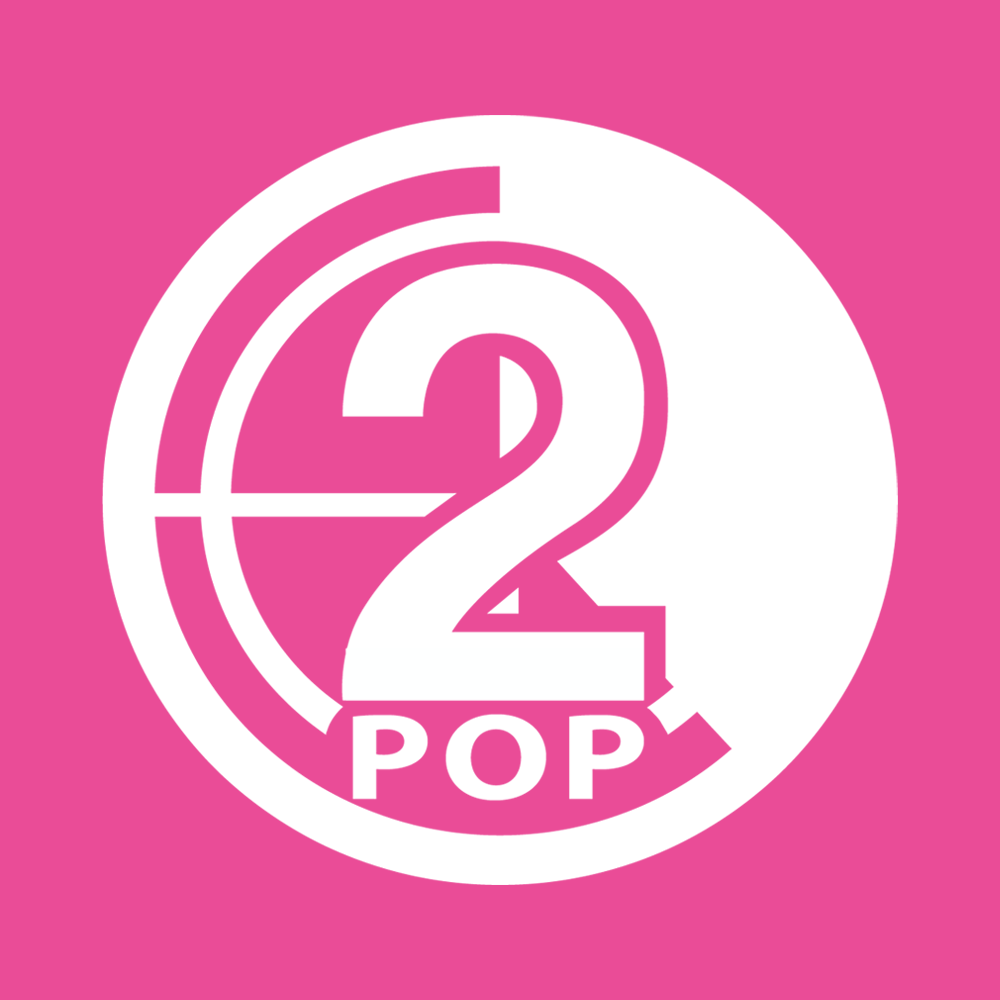Film Scanning Services: Policies and Procedures
CalArts School of Film/Video provides dedicated film scanning services in Room E39 and E40, situated in the Digital Editing and Post area. This service is designed for students, faculty and staff, accommodating a range of film formats including Regular 8mm, Super 8mm, 16mm, Super 16mm, and 35mm. Priority is given first to School of Film/Video courses, then F/V student projects, and then the wider community.
Scanning Technicians
The Lead Technical Specialist – Post Production oversees our operations. Day-to-day tasks are completed by skilled student technicians who are experienced in handling all aspects of the film scanning process.
Scanning Equipment and File Formats
- Blackmagic Cintel Scanner: This scanner is used for 16mm and 35mm films. It captures high-quality images with a wide dynamic range directly into DaVinci Resolve, allowing for extensive post-processing.
- Filmfabriek Scanner: This scanner is designed for 8mm and Super 8mm films. It captures images in DPX format, which is then processed in DaVinci Resolve to produce ProRes output.
Submission and Turnaround Time
- Submission Process: To initiate scanning, complete the Film Scanning Request Form. Post-form submission, drop off your film at the E46 Help Desk or directly with staff in the Digital Editing and Post area. The E46 Helpdesk is typically open Monday – Friday, 3pm – 8pm.
- Turnaround Time: Generally, scanning jobs are completed within one week, subject to the current queue and specific project requirements. Any expectation of rushed service must be communicated before the film is dropped off and approved by Paul Kyle.
Film scanning involves handling delicate material. We exercise the utmost care but cannot be liable for any potential damage during scanning. By using our services, you accept this risk.
Scanning Fee
The service is priced at $15 per hour, covering setup, scanning and basic color grading (minimum one hour). Additional services, like adding leader and cleaning, will incur an extra charge.
Film Prep and Inspection
- Preparation for Scanning: Films should be delivered on a core with 8 feet of clear or white leader at both ends, prepared for scanning.
Film Type Preference: While negatives are preferred due to their superior quality, all film types undergo careful inspection.
Film Evaluation
Before scanning, all film will be checked for cleanliness to avoid damaging the scanner. Hand-processed film must be cleaned and approved by Paul or Charlotte before scanning. Films processed by trusted labs will typically be accepted without additional evaluation.
Films Subject to Evaluation Before Scanning:
- Hand-processed film
- Scratched-on or drawn-on film (e.g., animation)
- Work prints
- Double-spliced film
- Aged or degraded film
- Damaged film
Scanning Options and Specifications
Cropping Options:
- Crop to Picture: Focuses on the main image area, eliminating peripheral elements.
- Overscan: Provides a view slightly larger than the standard frame, revealing areas beyond the film’s edges.
- Edge to Edge: Encompasses the entire scanned film frame, including perforations and edge markings.
Color Correction:
- One-Light Correction: A basic, uniform color grading process applied to the entire reel for consistent exposure and color balance.
- LOG/Flat Scan: The raw scan output from the machine. Suitable for those skilled in color correction.
Audio and KeyKode Reader Option
The Cintel scanner’s Audio and KeyKode Reader provides further scanning capabilities by capturing optical or magnetic soundtracks and KeyKode information. If desired, specify this need on the Scan Request Form or discuss it with the technician before scanning. This feature is available only for 16mm formats.
Post-Scanning Process
Upon completion of scanning, you will be notified via email. You can then collect the Scanning Charge Slip at the E46 Helpdesk, process payment at the Cashier’s Window, and collect your scanned files and film. Digital delivery options include external hard drives, FVCentral server, or cloud-based transfers.
Support
For queries or assistance, reach out to Paul Kyle at pkyle@calarts.edu.
